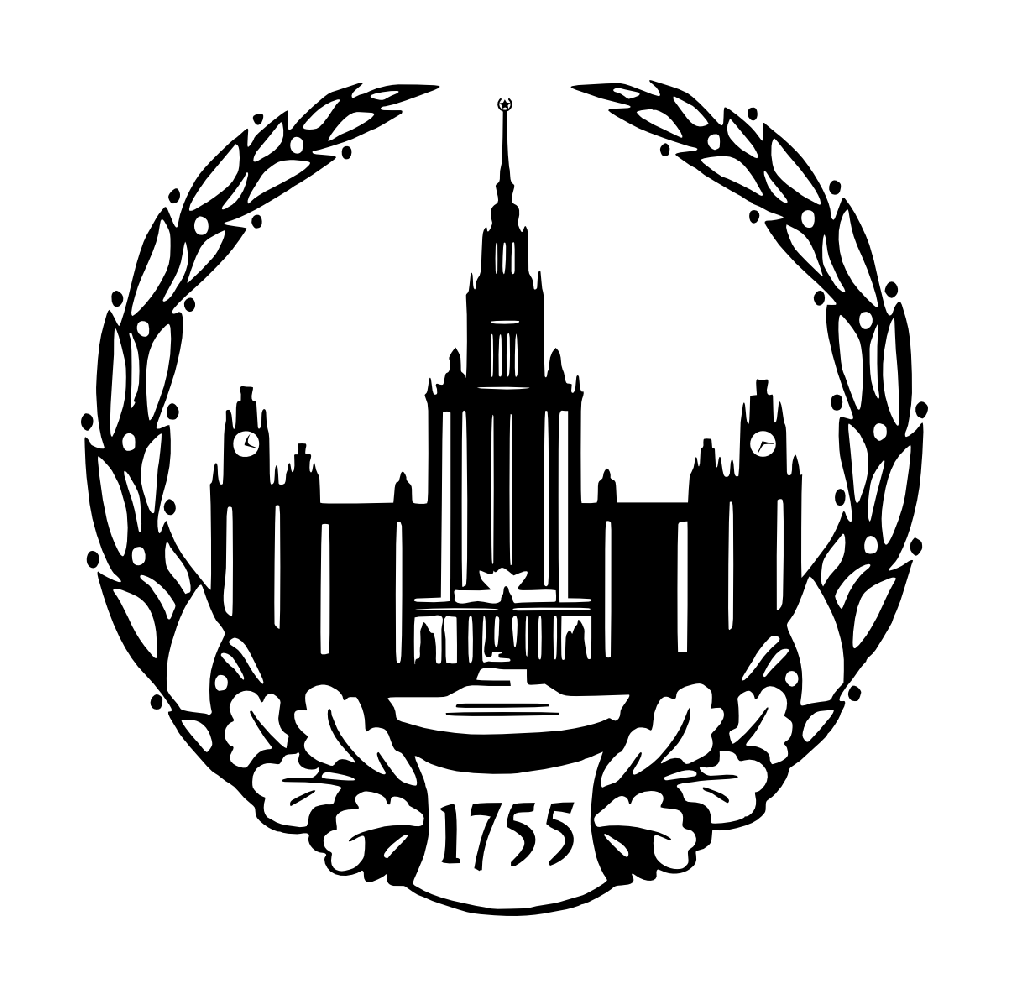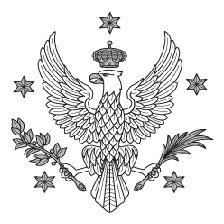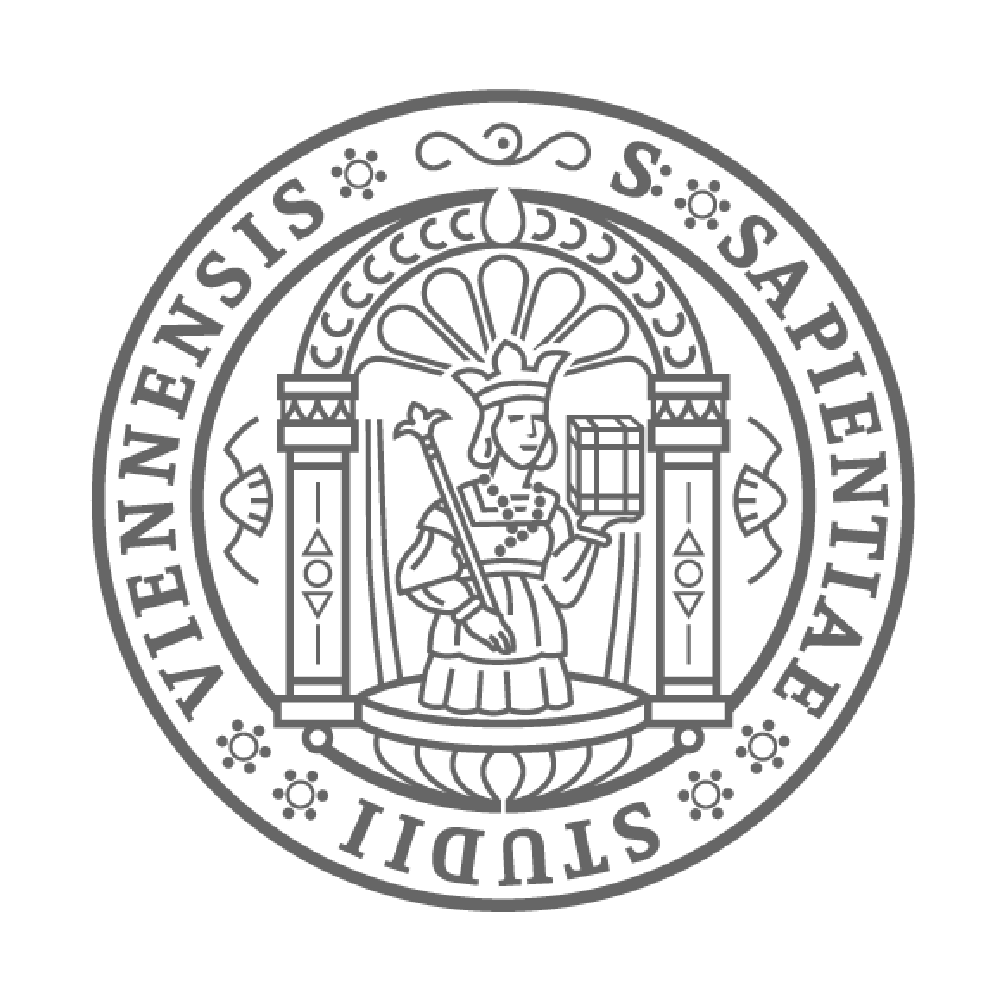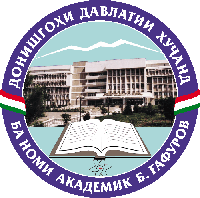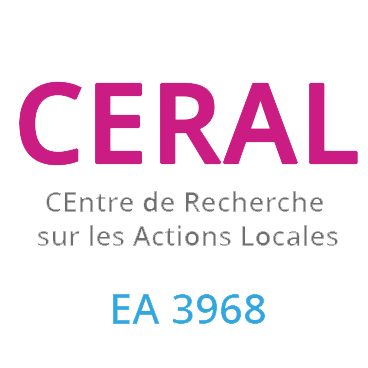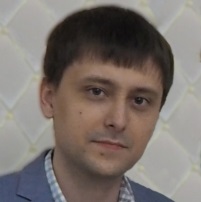
Master’s Program in
Migration studies
Title/degree: Master of Art (MSc)
Duration: 2 years (120 EC), full-time
Start month: September
Language of instruction: Russian/English
Program code:46.04.03 Anthropology and ethnology
Department: Siberian Institute of the Future
Facts and figures
Title/degree: Master of Science (MSc)
Duration: 2 years (120 EC), full-time
Start month: September

Language of instruction: Russian/English
Programme code: 46.04.03 Anthropology and ethnology
Department: Siberian Institute of the Future
Why Migration studies?
In the modern world, the role of migration in social and economic development, its impact on the ethnopolitical processes of individual countries and entire regions is becoming increasingly important, especially against the backdrop of large-scale crisis phenomena in politics and economy of both countries of origin and countries of receiving migrants. High relevance of migration processes, their significant activation (including transnational migration), the need to develop and implement an adequate and effective migration policy increases the demand for specialists in the field of migration. Themaster’s program is designed to train specialists with fundamental knowledge and specific competences in the field of migration processes, migration policy and integration of migrants.
Our graduates know modern methods of data collection and analysis, interpretation of the obtained results and are able to apply them in practical work.
Over the course of the program, students get acquainted with the main theoretical and empirical problems of migration processes, migration policy and policy of migrants’ integration, with applied aspects of migration management, the best international standards and practices, receive the most important analytical and research skills in this field from leading Russian and foreign specialists.
Program modules
The program is a combination of core and elective courses.Core courses include: Migration of the population: theory and processes, Methods and tools of migration research, Courses of the variable part areScientific and research seminar, Migration and politics, and also a large selection of electives : Theory and practice of expert activities in the migration area, Management and project activities in the migration area, Migration processes in the countries and regions of the world (the Eurasian Migration System/post-Soviet area or European Migration System) . Some courses are offered in English: Transnational Migration, Global Migration Governance.
A special feature of the program is quality language training of students (courses like English for Migration Studies and Languages and culture of the countries of Central Asia and China are offered).
The educational program includes the following types of practices:
- scientific and research work (including field work within the program profile)
- organizational and management (educational)
- pregraduation
| 1 term | 2 term | 3 term | 4 term | |
| Core courses | 19 EC | 5 EC | 3 EC | |
| Elective courses | 6 EC | 11 EC | 19 EC | |
| Practical training and research work | 6 EC | 13 EC | 8 EC | 24 EC |
| Final state examination | 6 EC | |||
| Total | 31 EC | 29 EC | 30 EC | 30 EC |
Teaching Staff

Iraida Nam
Head of the Program
Dr.Sc. (History), Head of the Laboratory for Social and Anthropological Research, professor of the Department of Modern Russian History of Tomsk State University
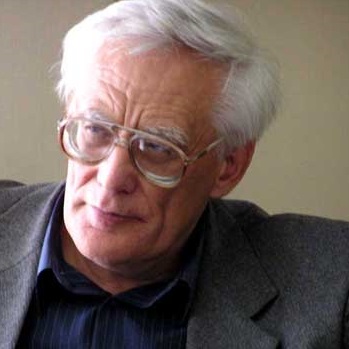
Victor Dyatlov
Academic Council member
Dr.Sc. (History), professor of the Faculty of History of Irkutsk State University
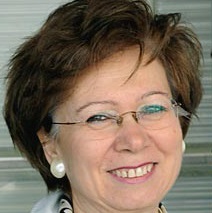
Ayse Caglar
Academic Council member
Dr., professor of Institute of Social and Cultural Anthropology of the University of Vienna (Austria);

Sergey Abashin
Academic Council member
Dr.Sc. (History), professor of the Faculty of Anthropology of the European University in St. Petersburg
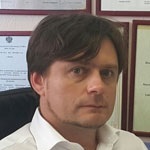
Sergey Ryazantsev
Corresponding Member of the Russian Academy of Sciences, Dr.Sc. (Economics), professor, Head of the Center for Social Demography and Economic Sociology of the Institute for Social and Political Studies of the Russian Academy of Sciences
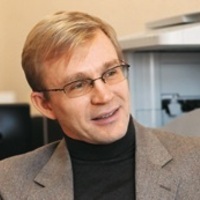
Konstantin Grigorichev
Academic Council member
Dr.Sc. (Sociology), Head of the Research Division, Head of the Laboratory of Historical and Political Demography, associate professor of the Department of Political Science, History and Regional Studies of Irkutsk State University
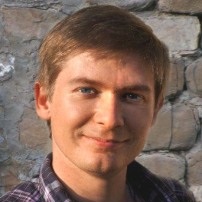
Oleg Korneev
Academic Council member
Cand.Sc. (History), senior research fellow – coordinator of the project of the Center for the Research of Local Initiatives of the Faculty of Law, Political and Social Sciences of the University Paris-13 (France)
Our partners
Internship opportunities
Support and adaptation of migrants internships:
- Non-commercial partnership “Assembly of Peoples of the Tomsk Region”
- National-cultural autonomies (of Germans, Tajiks, Kirghiz, etc.)
- Passport and visa service of the Ministry of Internal Affairs of Russia; migration centers in Tomsk (“Migrant Service”, “Interstate Migration Center Tom”)
Consulting and monitoring internships:
- LLC “Center for Sociological and Marketing Researches “Context”, Tomsk
Administrative and management internships are available at:
- Office for Migration Issues of the Department of the Ministry of Internal Affairs of Russia in the Tomsk Region
- Department of Labor and Employment Service of the Tomsk Region
- Department of International Relations of the Administration of the Tomsk Region
- Committee for Internal Policy of the Administration of the Tomsk Region
Admission and application
Applicants entering the program must have a diploma of higher education.
There 10 state funded places available. Admission to the program is carried out on a competitive basis following the results of admission tests:
- Entrance exam in anthropology and ethnology
- Interview
- Proof of knowledge of a foreign language: knowledge of English and Russian languages (no lower than B2 level). You will be expected to demonstrate your language competence during entrance examinations (certificates are not required).
Applicants who have provided all necessary documents to the admission committee are allowed to pass entrance examinations.
The system for assessing the entrance exams is 100 points (examination + interview = 200 points). The interview is internal or by Skype.
Tuition fees
| Year | Citizens of the Russian Federation and near abroad | Other International Citizens |
| 2017-2018 | 125 100 RUB | 150 120 RUB |
Application deadlines for the citizens of the Russian Federation and CIS states in 2018 year
| Application deadline | April 3 – August 14 |
| Examinations | May 10 – August 16 |
Application deadlines for International citizens in 2018
| Application deadline | Januuary 15 – July 10 |
| Entrance examinations | January 16 – July 26 |
Career prospects
Graduates of the program will have sufficient competencies and knowledge to continue their postgraduate studies at any Russian university or research institute, as well as research master’s and PhD programs at foreign universities in such areas as anthropology and ethnology, sociology, political science, history and international relations.
Graduates of the program will be able to work in state and municipal authorities; international organizations; non-commercial, public organizations (national-cultural autonomies and associations, etc.); commercial structures (consulting, expertise, etc.); research and analytical centers; universities and academic institutions.
Contacts
Head of the Program:
Iraida Nam
Dr.Sc. (History), Head of the Laboratory for Social and Anthropological Research, professor of the Department of Modern Russian History of Tomsk State University,
namirina@bk.ru
+7-913-857-5425
Program Manager:
Nikita Glushchenko
Cand.Sc. (History), senior research fellow of the Laboratory for Social and Anthropological Research, associate professor of the Department of Modern Russian History of Tomsk State University,
gloosten124@mail.ru
+7-923-402-7977
Laboratory of social and anthropological research
web: http://lsar.tsu.ru/
e-mail: lsar.tsu@gmail.com
